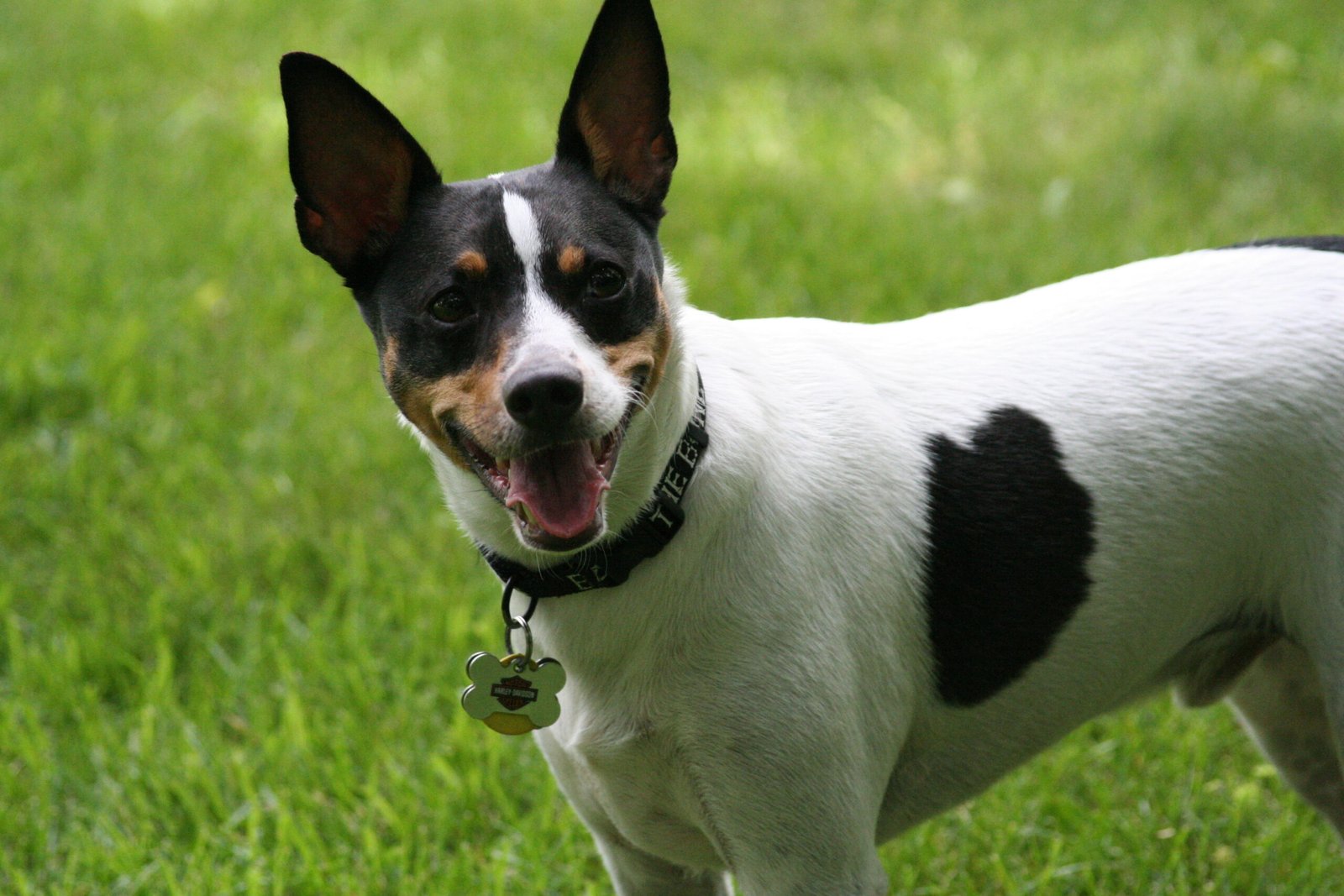Imagine bringing home a cute little puppy, only to find your cat living in fear, hiding under the bed, or even plotting its escape. It’s a heartbreaking reality for many pet owners who thought a small dog would be a perfect match for their feline friend. But here’s the shocker: some of the tiniest breeds can be the biggest troublemakers for cats! If you’re a dog lover with a cat at home—or thinking about becoming one—this guide is your wake-up call. Let’s dive into the surprising world of pint-sized pups with personalities larger than life, and why they might make your household a battleground for fur and whiskers.
Jack Russell Terrier

Jack Russell Terriers may be small, but their energy and hunting instincts are off the charts. Originally bred for fox hunting, these little dynamos have a strong prey drive. This means they often see cats as something to chase, not cuddle. Even if your cat is confident, a Jack Russell’s relentless pursuit can make any feline feel unsafe. They’re quick to react and can turn playtime into a full-blown chase scene in seconds. You might expect their size to make them manageable, but their determination is unmatched. Living with a Jack Russell and a cat can feel like refereeing a never-ending game of tag—one where the cat rarely wins. If you want peace at home, it’s wise to skip this spirited breed.
Miniature Pinscher
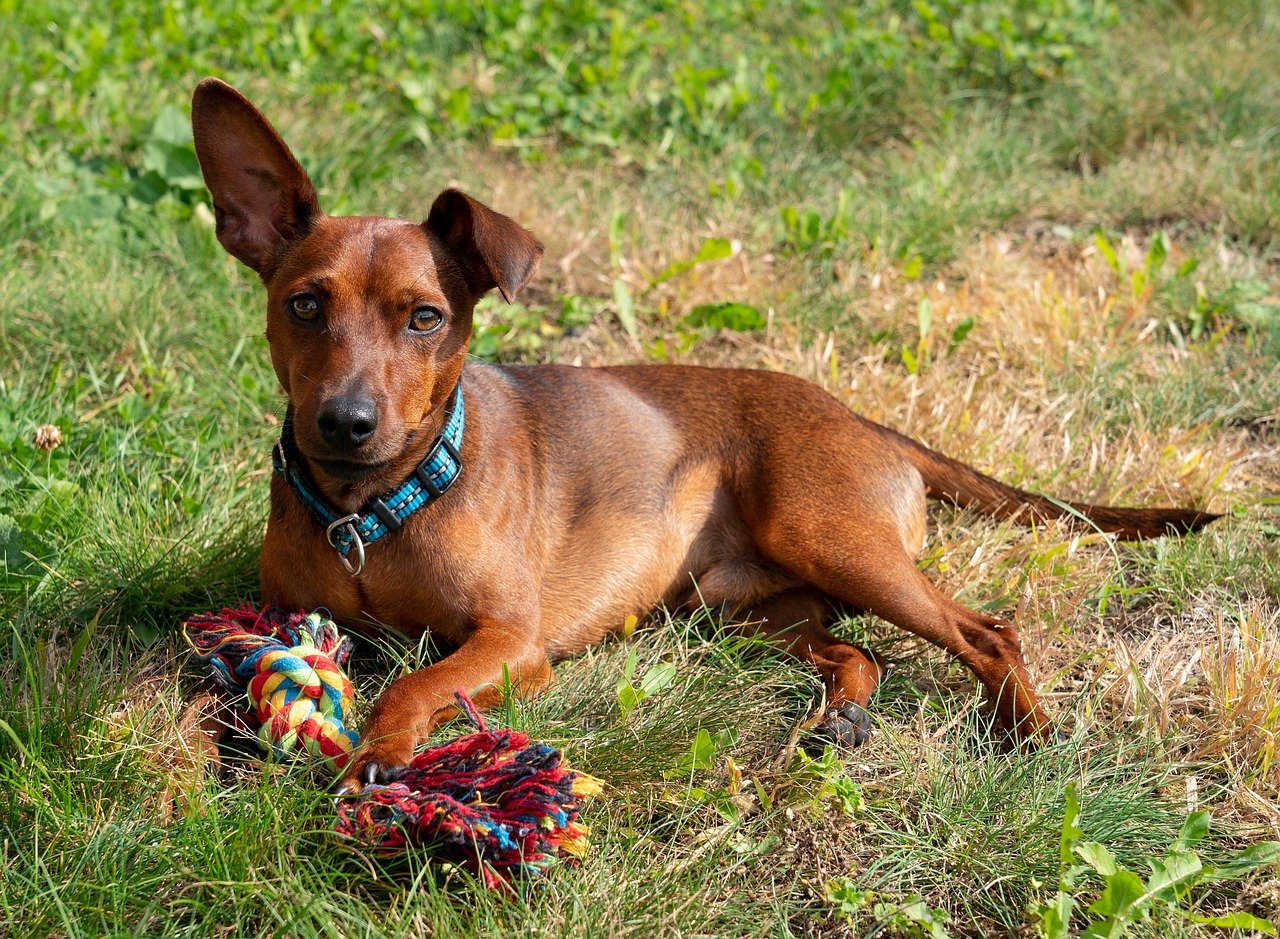
Don’t let their toy-like appearance fool you—Miniature Pinschers are bold, assertive, and fiercely territorial. They have a reputation for being “big dogs in small bodies,” and their confidence can easily cross into bossiness. These dogs often try to dominate other household pets, including cats. They’re not shy about staking their claim over food, toys, and even favorite spots on the couch. If your cat values personal space, a Miniature Pinscher will test those boundaries daily. Their stubborn streak makes them less likely to share or back down, leading to frequent skirmishes. For a harmonious home, think twice before pairing a “Min Pin” with a feline.
Chihuahua
Chihuahuas are famous for their loyalty and attachment to their owners, but when it comes to sharing attention, they aren’t so generous. Jealousy runs deep in this tiny breed, and they can see your cat as a rival for your affection. This can result in snapping, barking, or even trying to chase the cat away. Chihuahuas are also known for being vocal, which can stress out sensitive cats. Their sudden bursts of energy and unpredictable behavior aren’t a good match for most felines. If you want peace among your pets, a Chihuahua’s possessive nature could spell trouble for your cat’s comfort.
Papillon
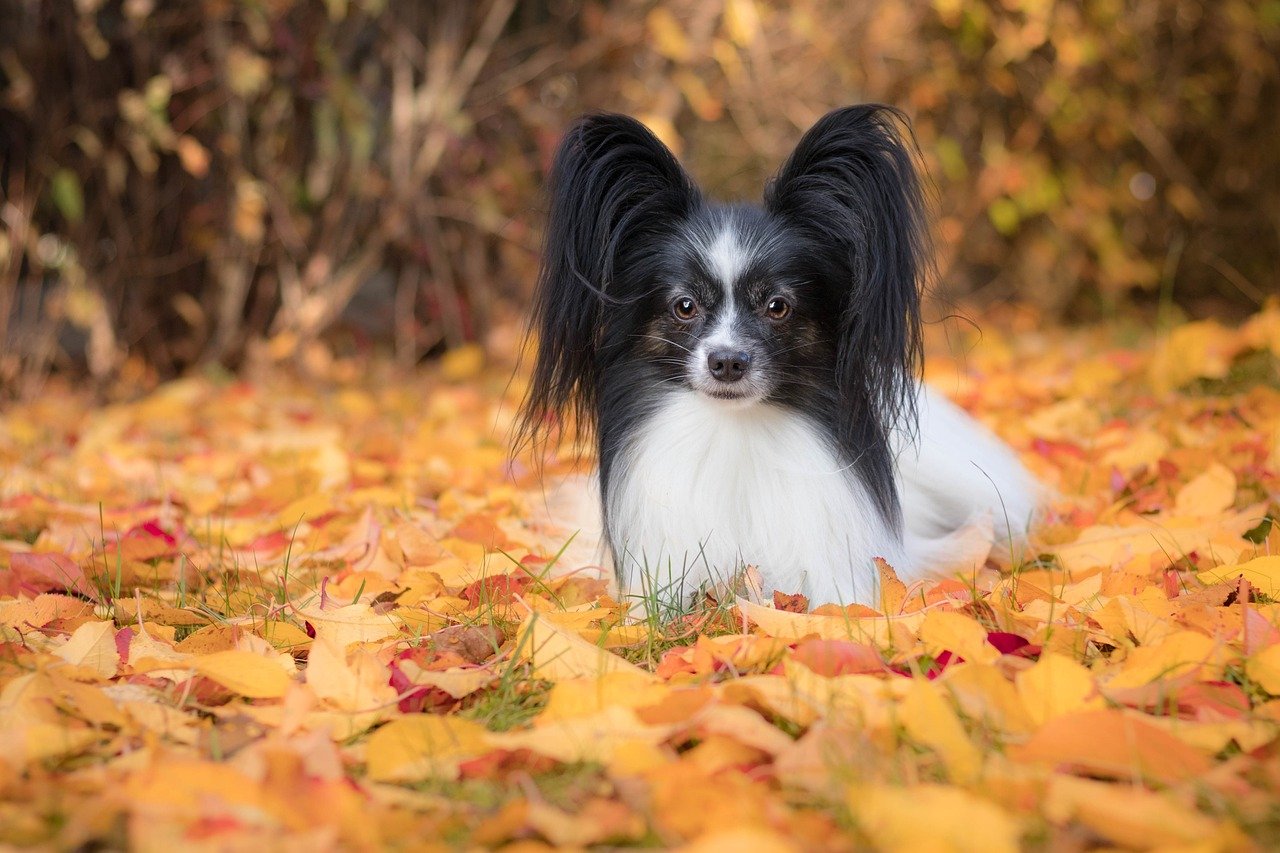
With their butterfly-shaped ears and lively personalities, Papillons seem harmless and sweet. But dig a little deeper, and you’ll find a breed with a strong prey drive and a love for chasing anything that moves. Papillons are alert, energetic, and easily excitable—traits that make them poor companions for laid-back or timid cats. They often mistake a cat’s swift movements for an invitation to play, which quickly escalates into unwanted chasing. Even if they mean no harm, their persistence can make your cat’s life miserable. For a stress-free environment, it’s best to admire Papillons from afar if you already have a cat.
Yorkshire Terrier
Yorkshire Terriers, or Yorkies, may look like adorable little lap dogs, but they were bred to hunt rats and mice. This background gives them a strong instinct to chase small, fast-moving creatures—like cats. Yorkies can be stubborn, feisty, and determined, making it hard to break their habit of pursuing anything that grabs their attention. Their bold personalities mean they often won’t back down from a confrontation, even if the cat is clearly not interested. Sharing a home with a Yorkie and a cat can lead to daily stress, especially for the feline. If harmony is your goal, a Yorkie may not be the best addition to your pet family.
Dachshund
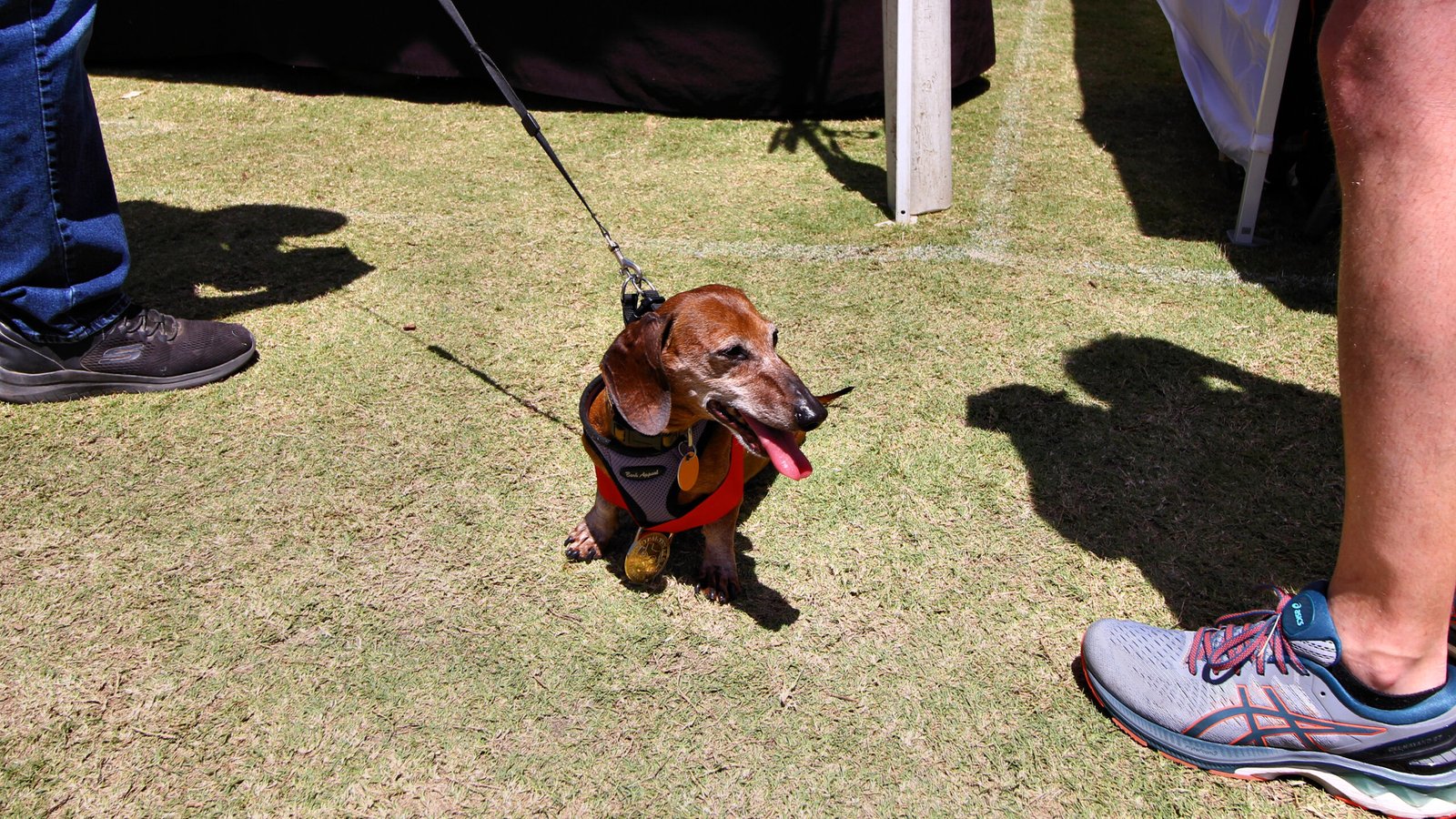
Dachshunds are famous for their sausage-shaped bodies and playful spirits, but don’t be fooled—they’re fearless hunters at heart. Bred for digging out badgers, these little dogs have an intense prey drive and a stubborn streak a mile long. They often see cats as potential quarry, especially if the cat runs or acts skittish. Dachshunds are persistent and unusually brave for their size, so they won’t hesitate to chase a cat around the house. This constant pursuit can turn your home into a battleground, leaving your cat feeling anxious and unwelcome. For cat owners, a Dachshund’s determination can quickly become a daily headache.
Italian Greyhound
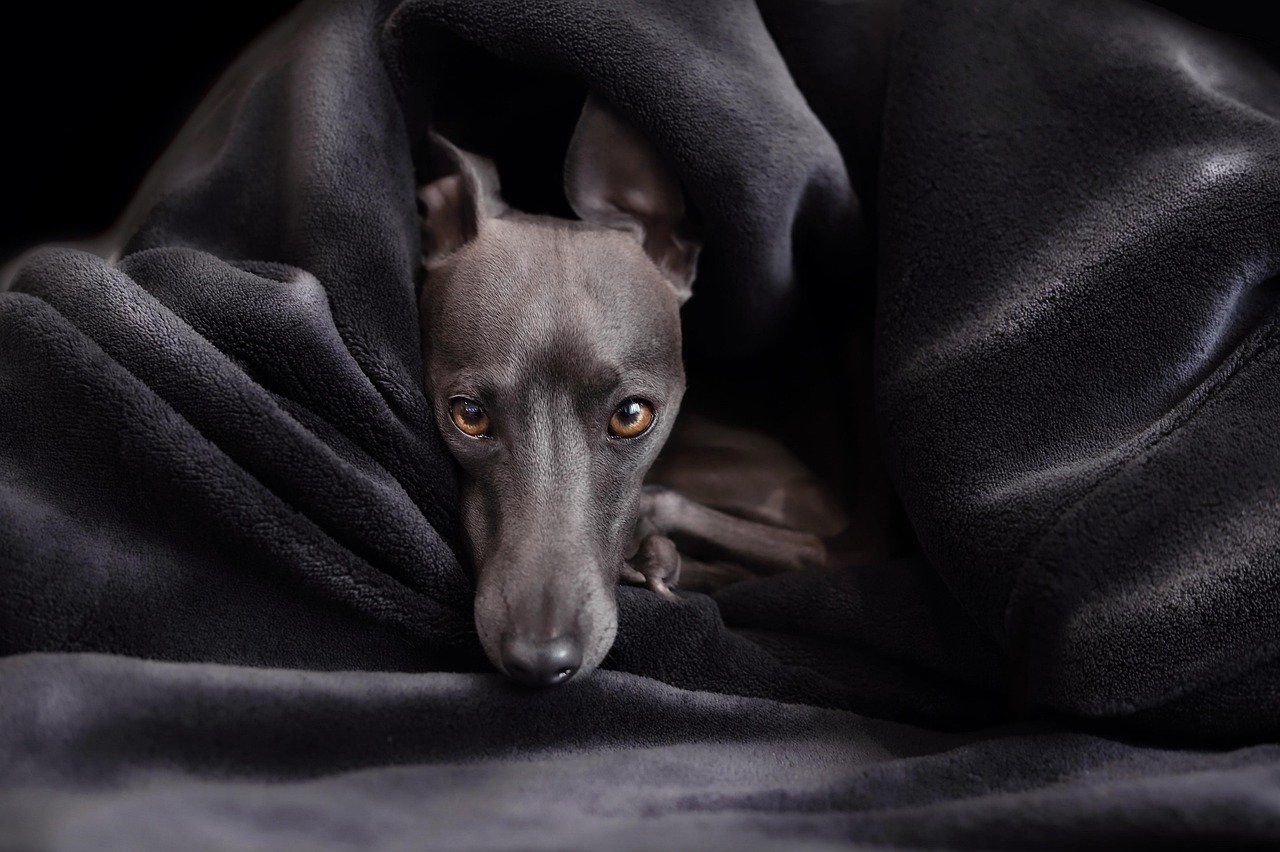
Italian Greyhounds are elegant and delicate, but they move with lightning speed. Their slim build and quick reflexes hide a surprising love for the chase. These dogs are easily triggered by sudden movements—exactly what a cat does when it’s startled or playful. While Italian Greyhounds might not be aggressive, their high-energy sprints around the house can make cats nervous. Some cats may try to defend themselves, leading to tense standoffs. If you crave a calm home, think carefully before adding this athletic breed to your feline-friendly household.
Manchester Terrier (Toy)
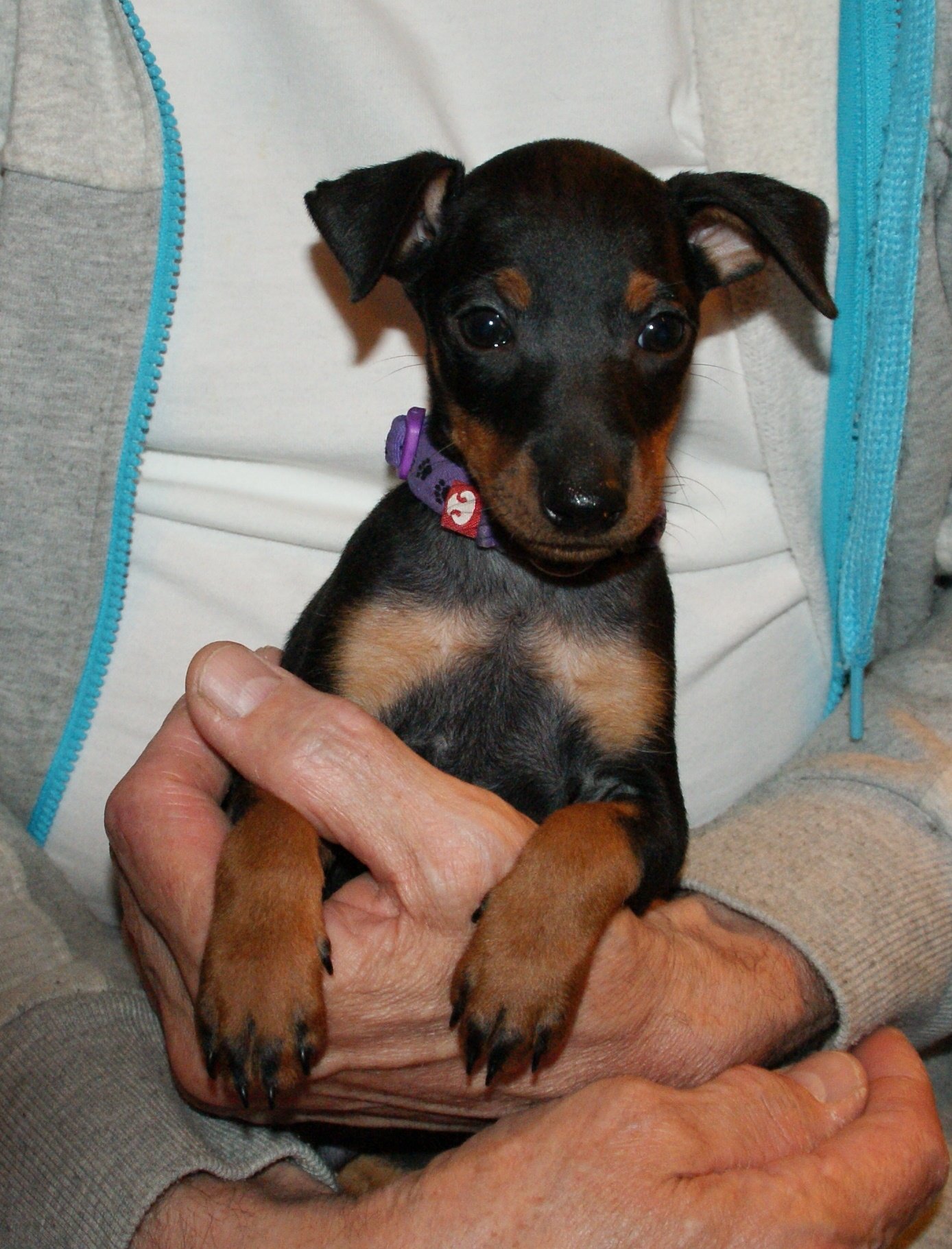
The Toy Manchester Terrier is another breed developed for hunting small prey. Their sharp instincts and boundless curiosity make them natural chasers. They often see other small animals, like cats, as fair game. Manchester Terriers are quick learners, but their intelligence also means they get bored easily—leading them to “entertain” themselves by bothering the cat. Their playful nipping and chasing can push even the most tolerant feline to its limit. If your cat enjoys solitude or is easily startled, a Manchester Terrier’s antics can quickly become overwhelming.
Rat Terrier
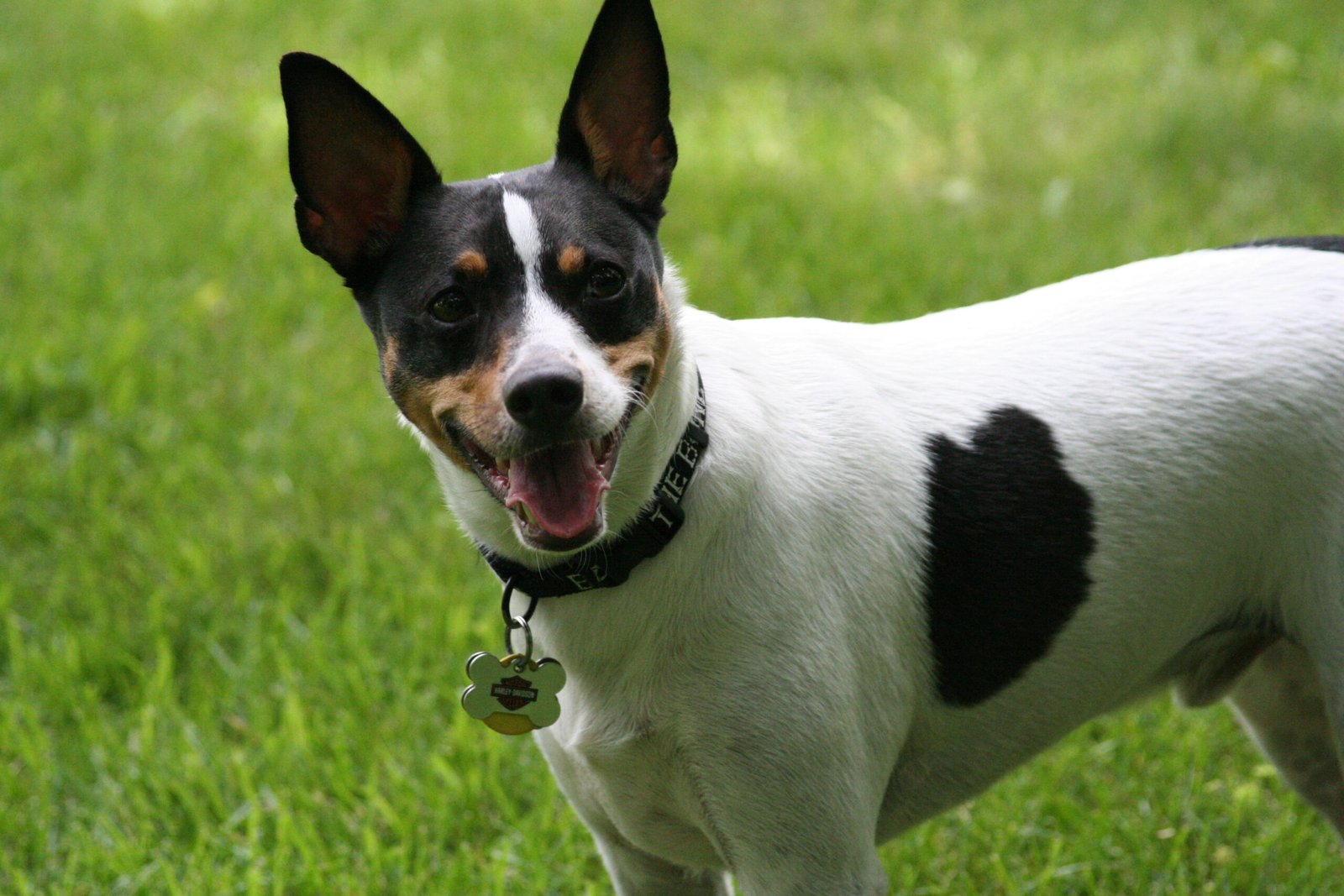
True to their name, Rat Terriers were bred to hunt rats and other vermin. This gives them a strong prey drive and a restless energy that can be hard to manage. Rat Terriers are clever and active, always looking for the next adventure—or target. A cat’s sudden dash or playful leap is often irresistible to these dogs, triggering their chase instinct. The result is a home filled with tension, with the cat constantly on alert. Rat Terriers also like to establish dominance, which can create a hostile environment for less assertive cats. For a peaceful household, this breed is usually best kept apart from feline family members.
Fox Terrier (Smooth)
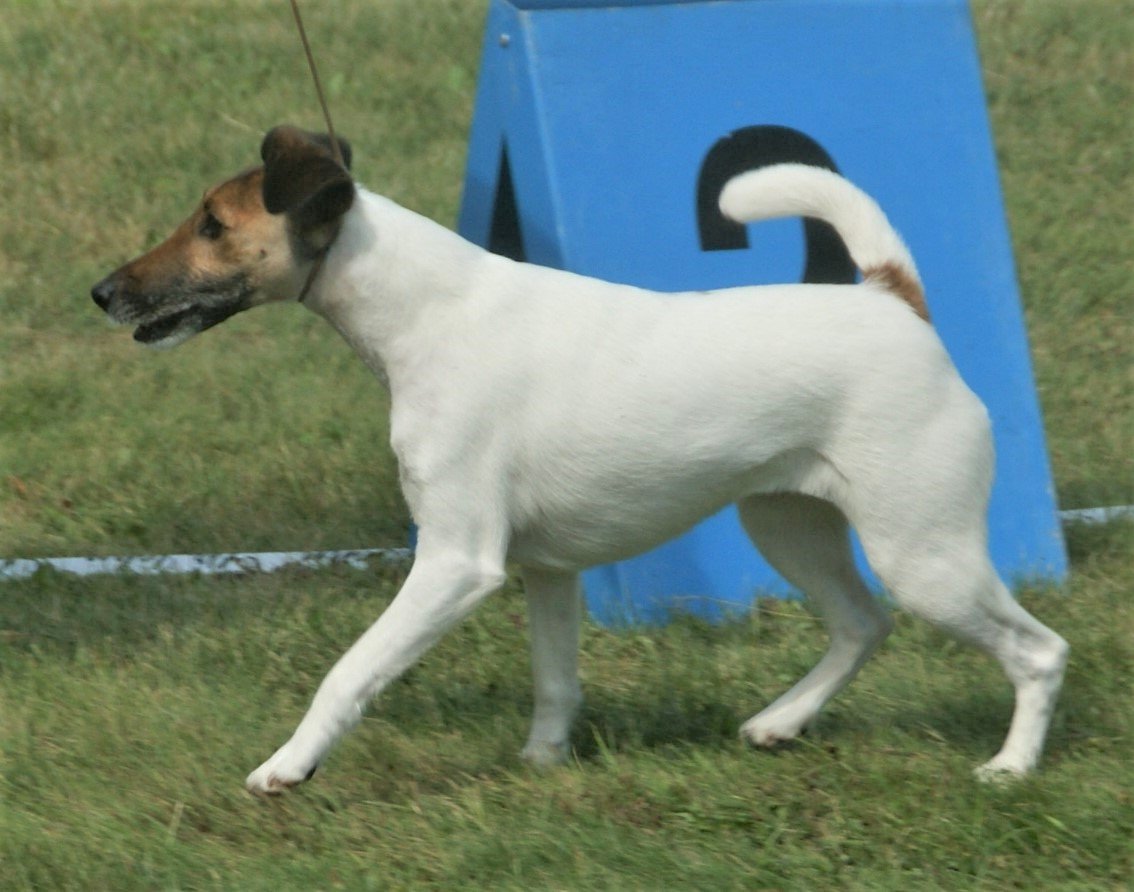
Smooth Fox Terriers are compact, lively, and always on the lookout for action. Their hunting heritage means they have a natural urge to pursue smaller animals, including cats. Fox Terriers are known for their boldness and confidence, which can come across as aggressive to more timid pets. They rarely shy away from confrontation and can be relentless in their pursuit of anything that piques their interest. For cats, this can mean a lot of unwanted attention and stress. If you want your cat to feel safe and secure, a Smooth Fox Terrier may not be the right companion.

